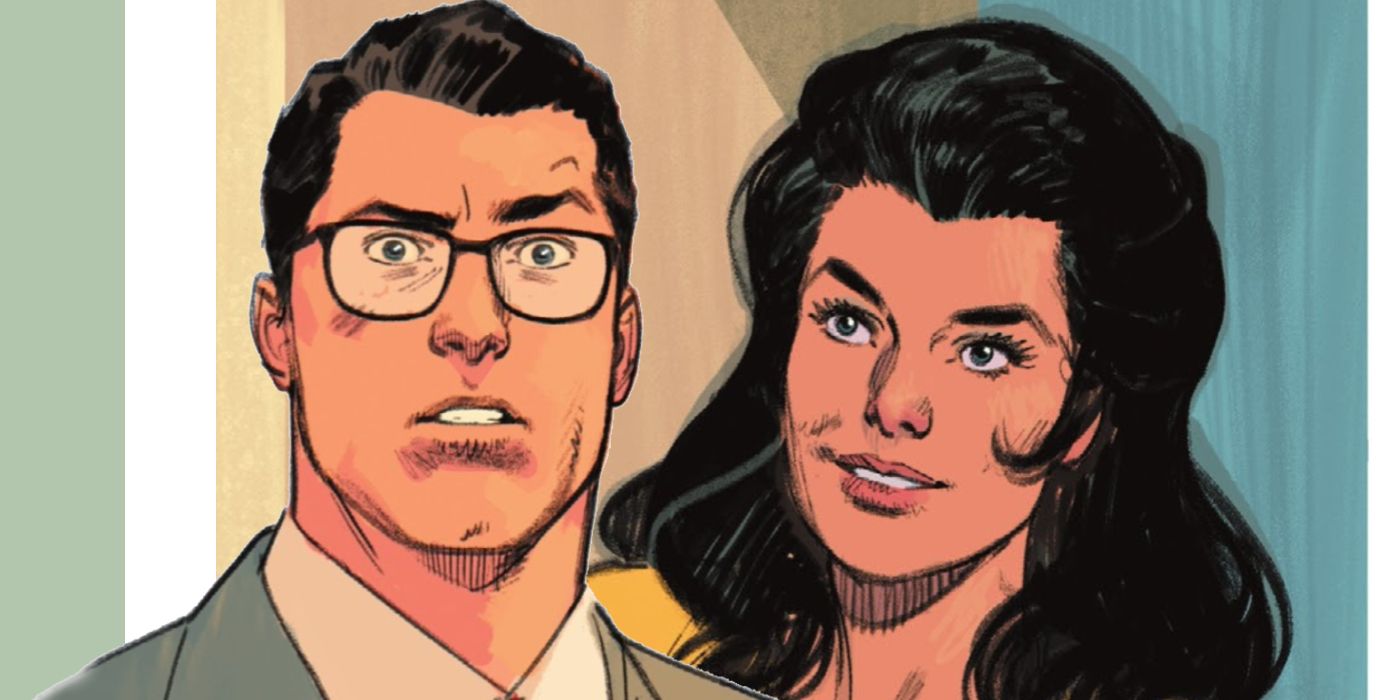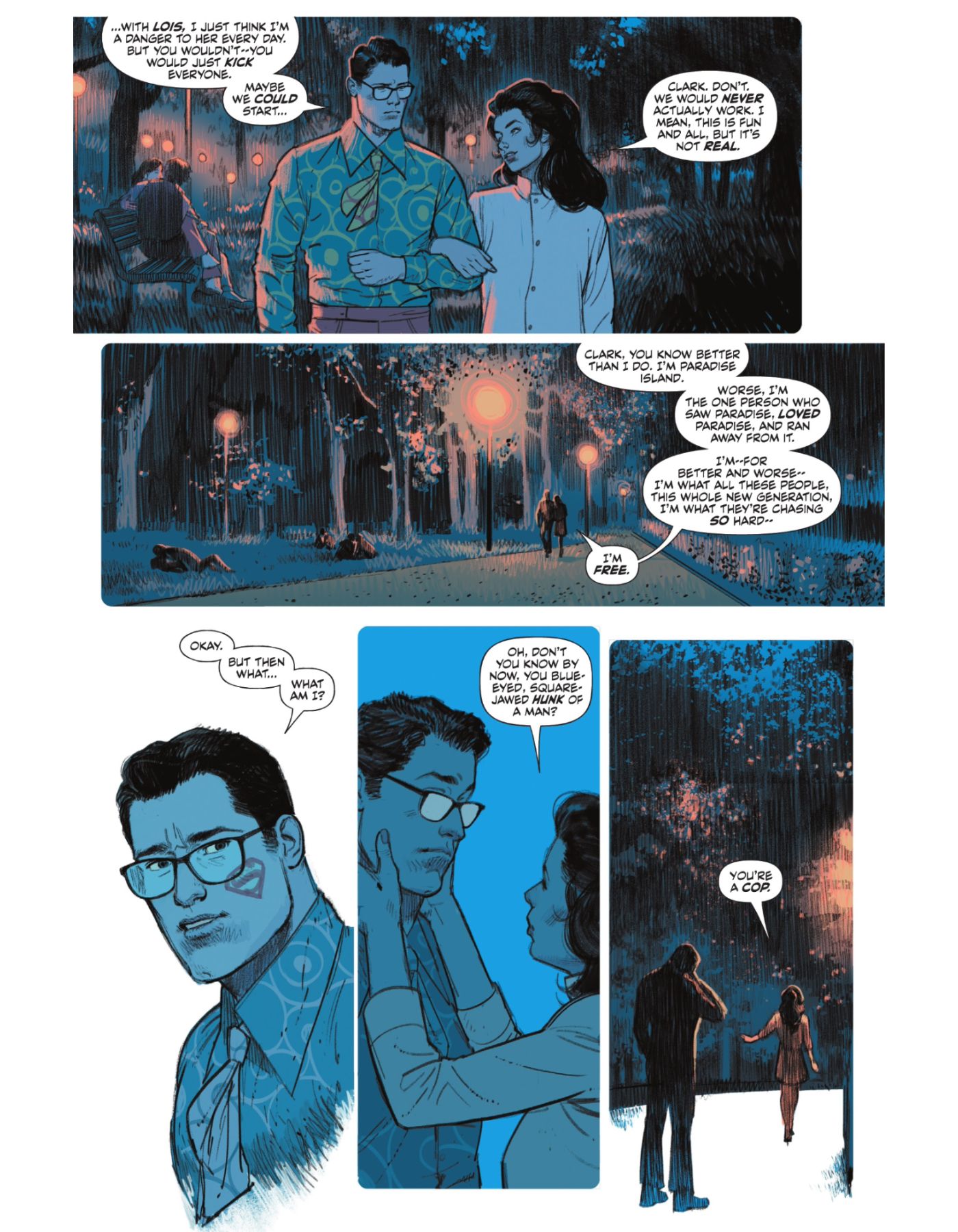
Warning! Spoilers ahead for Wonder Woman 80th Anniversary 100-Page Super Spectacular #1!
Both Superman and Wonder Woman stand among DC Comic's most morally superior characters. Whether it be Superman talking a teenager off a ledge or Wonder Woman promoting equality for all people, these champions continue to stand against various evils and challenge the world to do better. Though popular media dubs Diana and Clark as "gods" in the Justice League, their hearts have always been those of good humans who only want to make the world better.
During the ongoing celebration of Wonder Woman's 80th anniversary, Diana has had some exciting stories to tell. Characters new and old, like Yara Flor and Nubia, share the mantle of Wonder Woman with Diana as they continue the character's enduring fight for equality. Diana also has another movie under her belt, Wonder Woman 1984, which came out during the 2020 COVID pandemic. Despite the film's mixed results, both critically and financially, it succeeds as one of the lights at the end of the tunnel of 2020, helping superhero mass media return and triumph.
Wonder Woman 80th Anniversary 100-Page Super Spectacular #1 contains various anthological tales featuring the Amazing Amazon. The story "Dated" by Tom King, Evan "Doc" Shaner, and Clayton Cowles starts with a premise of Clark Kent on a date with Wonder Woman in the height of 1960s counter-culture. The story's tone works simultaneously as a blast to the past and a relevant discussion towards current political issues. At the end of their date, Clark reveals why he thinks Diana and he would make a good couple; instead of saving each other, they'd focus more on being the best superheroes they can be. Diana rejects this idea, explaining why they wouldn't work. She states as Wonder Woman, she's "free" as an avant-garde superhero, constantly trying to oppose the status quo. Diana considers Superman to be more of "a cop" who upholds the status quo.

Wonder Woman certainly has a point. Although Superman is, and always has been, the Champion of the Oppressed, he sometimes enforces the status quo instead of choosing freedom. Like Batman, Superman sets rules like this for himself to be more moderate, both maintaining and challenging the status quo when he deems it necessary. The downside of this is that he can't fully support movements the same way Wonder Woman does. Of course, DC uses Superman to support anyone who needs help and likely always will. However, he works for a metropolitan newspaper; it's quite literally Clark's job to remain unbiased and only report the truth.
Picking sides can cause a backlash for Superman, like when he speaks up against the demonization of metahumans in Geoff Johns and Gary Frank's Doomsday Clock. Even though Superman knows where his loyalties lie, he remains unbiased to maintain temporary peace with Russia. Batman strongly advises Clark to keep things this way. When Superman can't take it anymore, he speaks out and defends Firestorm. The Russian government then fires on him, causing chaos and many casualties. Reasons like this are why Clark Kent prefers to do things by the book, although it's not uncommon for him to take a stand like this when he gets pushed.
Although Tom King's interpretation of Superman as a "cop" and Wonder Woman as "free" is somewhat narrow, it is mostly accurate in contemporary comics. Wonder Woman stories inherently promote equality. While DC's best Superman stories use Clark to tell personal and emotional chapters in the life of an alien, they don't necessarily challenge the status quo as naturally as Wonder Woman does.
from ScreenRant - Feed https://ift.tt/30lPw6S

0 Comments